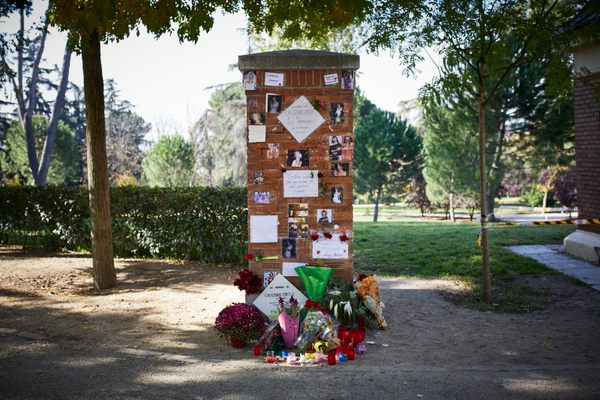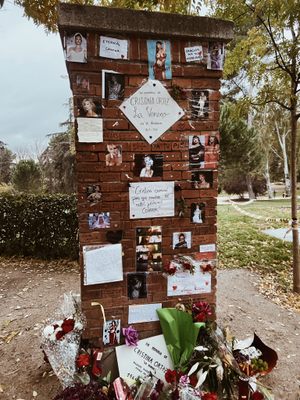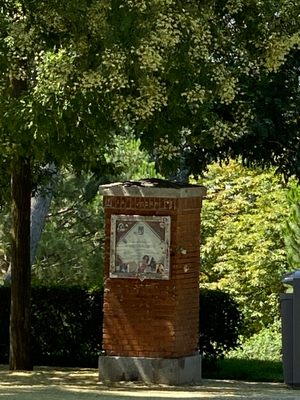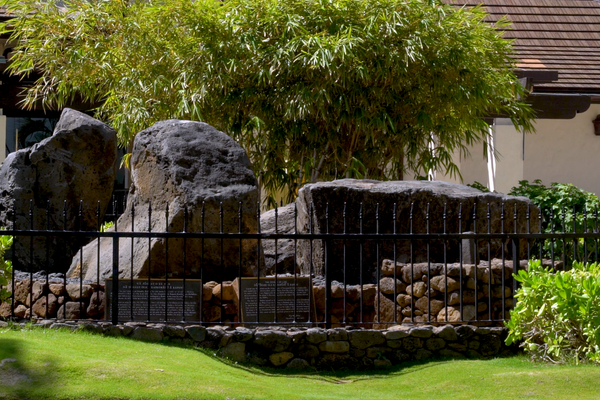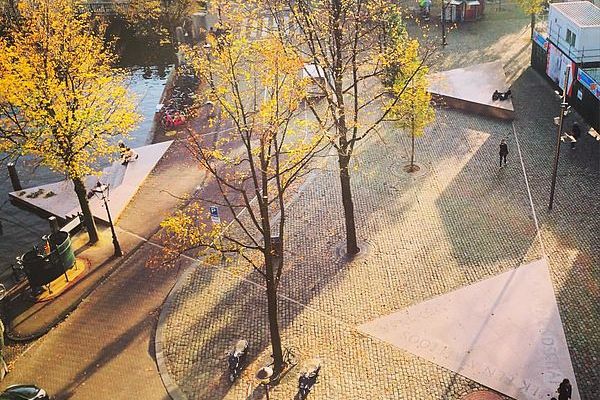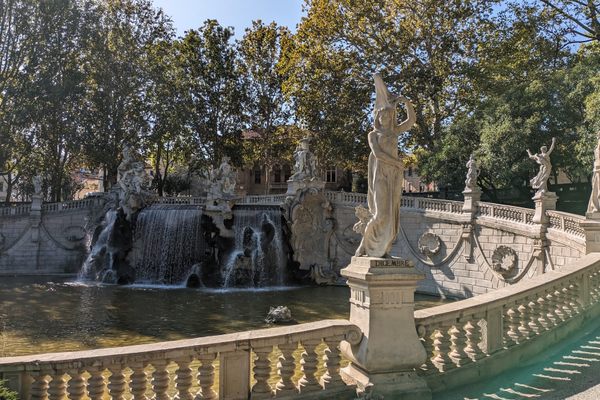About
Cristina Ortiz, the colorful Spanish media personality better known as La Veneno (“The Poison”), never called herself a role model: indeed, her autobiography is subtitled “Ni puta ni santa,” (“Neither a Whore nor a Saint”). Yet thanks to her unapologetic openness about her struggles as a trans woman (not to mention her inexhaustible repertoire of catchphrases), Ortiz has become something of a patron saint to Spain’s queer community since her death in 2016.
“Brave trans woman visible in the 90s,” reads the diamond-shaped plaque that adorns Ortiz’s monument in the West Park of Madrid, which stands in the place where she was “discovered” late one night in 1996. At the time, Ortiz was a sex worker in the park–one of the only jobs she could get, due to discrimination–when a TV reporter approached her for an interview. Wearing a long red skirt, a few crystals on her face, and little else, Ortiz obliged, speaking as freely as if she had spent a lifetime on camera, with the outrageous humor that would become her trademark.
When the segment aired, Ortiz’s irrepressible charisma, combined with her beauty and fashion sense (in that first interview she claimed to never wear the same outfit twice), made her an instant hit with TV audiences. La Veneno became a guest on the show that had featured her, Esta noche cruzamos el Mississippi (“Tonight We Cross the Mississippi”), then a cast member, and would later dabble in music, acting, and modeling.
Ortiz’s live TV appearances were part sensationalism, part heartfelt plea for acceptance, including both humorous stories from her nights in the park and tense on-air confrontations with her mother, who did not accept her trans identity. As one of the only visible trans people in Spanish media in the 1990s, Ortiz’s candor helped raise awareness of the hardships faced by her community. In 2020, her life story was introduced to a new generation through the limited series Veneno (released internationally on HBO Max), in which three trans women portray Ortiz at different ages, and several of her real-life friends play themselves.
Shortly after the memorial to Ortiz was unveiled in 2019, the plaque was stolen. Replacement took over a year, during which fans and loved ones turned the bare brick platform into a decorated shrine. Though the plaque has been restored under protective glass, messages and photos can often still be seen on the memorial; offerings from those whose lives La Veneno touched with her bold refusal to be anything other than herself.
Related Tags
Know Before You Go
The West Park of Madrid is open 24 hours, seven days a week, and admission is free. The monument to Cristina Ortiz stands between two streets that cut through the park, Francisco y Jacinto Alcántara Street and Paseo de Camoens, just across from a traffic circle which surrounds the fountain of architect Juan de Villanueva.
Parking is available along the road and all around the fountain. The nearest subway station to the monument is Argüelles, 10+ minutes walking.
Community Contributors
Added By
Published
July 14, 2023
